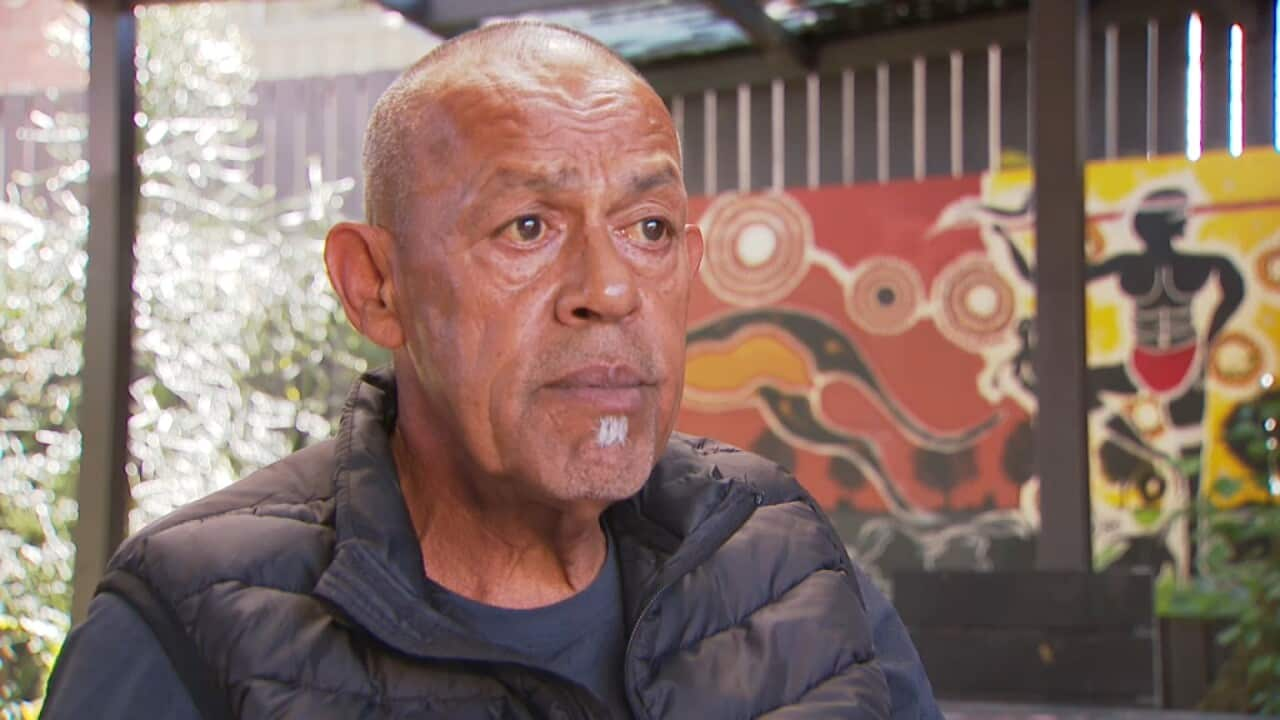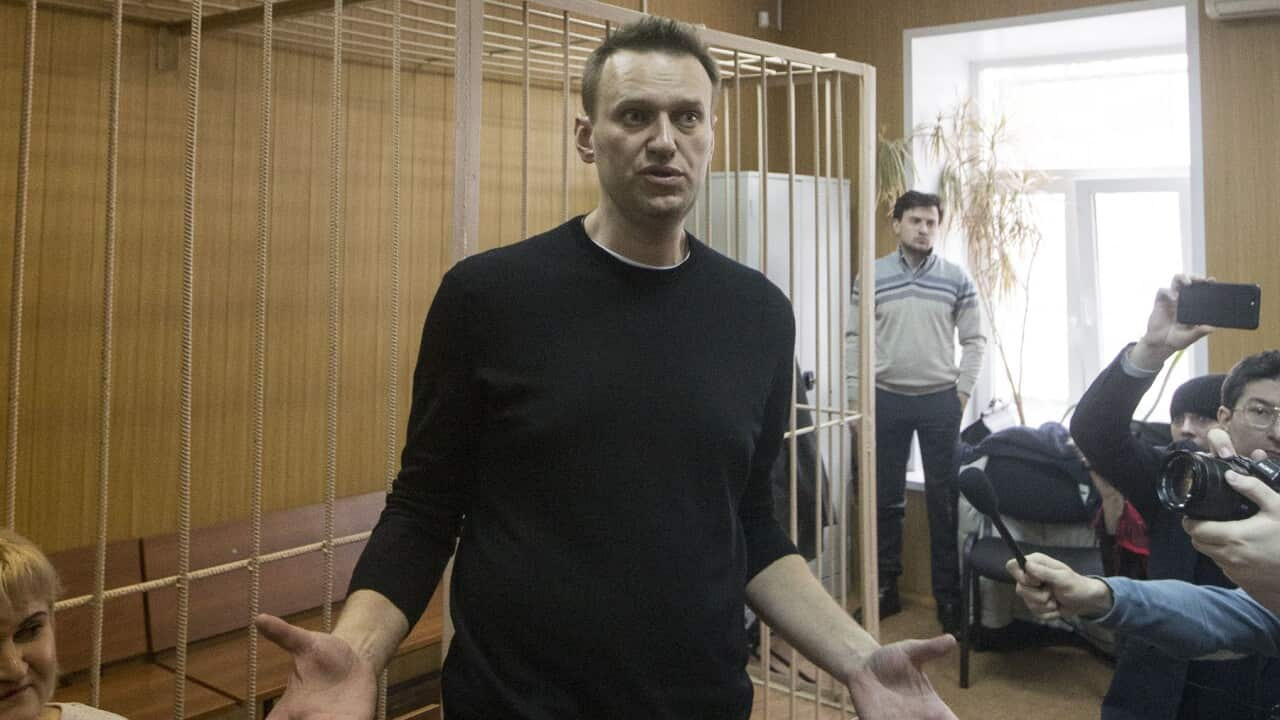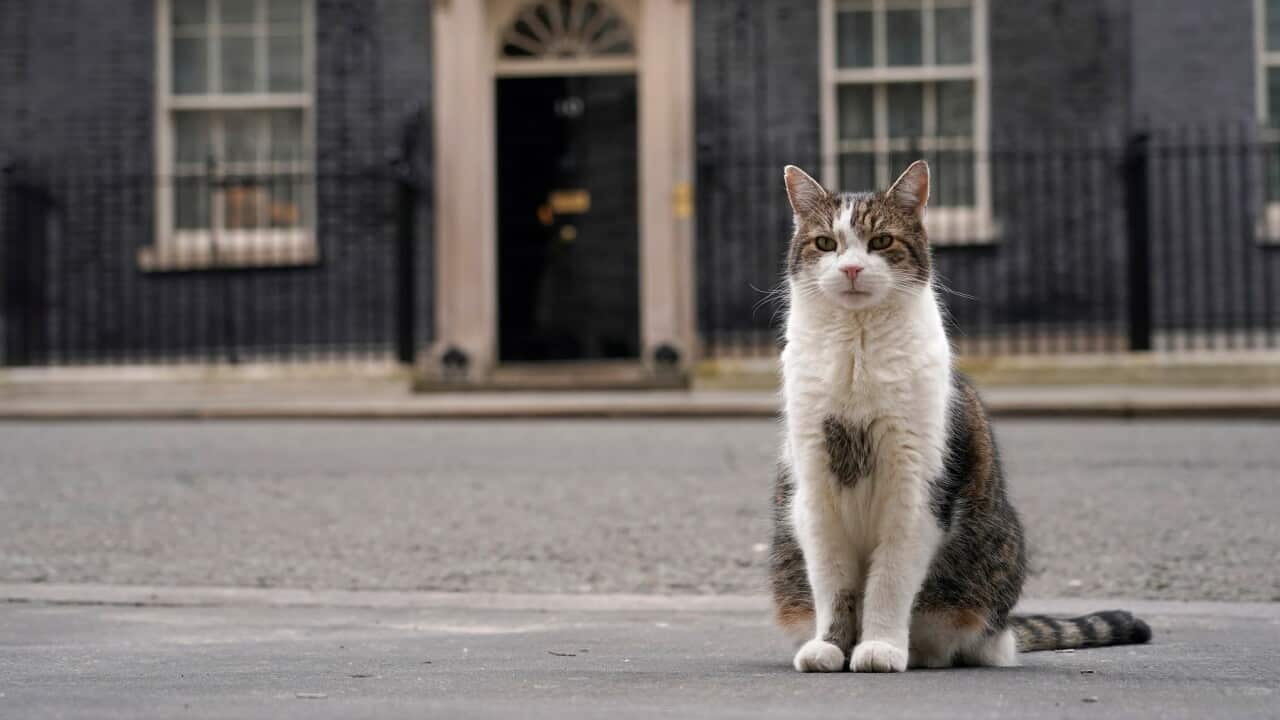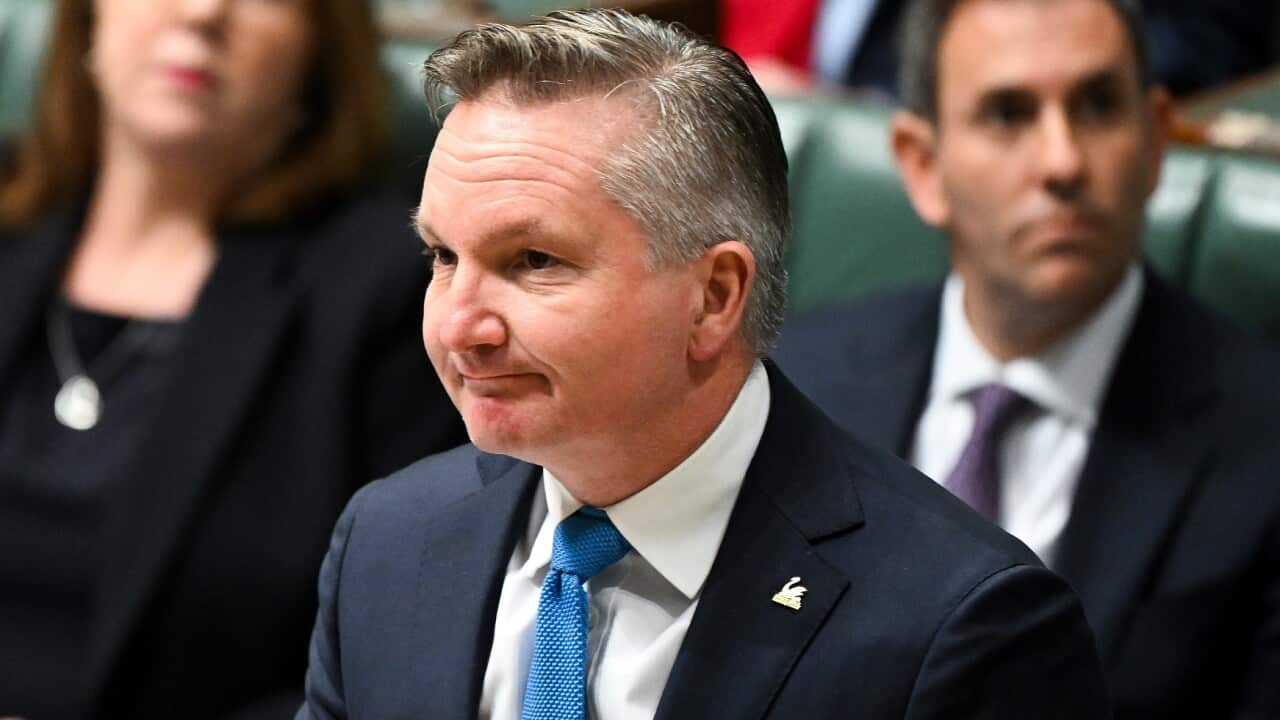Listen to Australian and world news and follow trending topics with SBS News Podcasts.
The New South Wales coroner says the state has hit a grim milestone with First Nations deaths in custody reaching record levels.
12 Aboriginal and Torres Strait Islander people have died in custody in the state this year, the highest number ever recorded in a single year.
The distressing figures have prompted the state coroner to issue a rare public statement, condemning the deaths and vowing to investigate each one independently and thoroughly.
It's been described as "a crisis that should deeply alarm everyone in New South Wales."
In a rare public statement, the state coroner Teresa O'Sullivan has announced that 12 Aboriginal and Torres Strait Islander people have died in custody - the highest number ever recorded in a single year.
Four more have died during police operations.
Ms O'Sullivan published an open letter saying this requires scrutiny.
"This is a profoundly distressing milestone...these are not just statistics. They are individuals whose deaths demand independent and careful scrutiny, respect and accountability."
The Coroner also cited recent data from the Bureau of Crime Statistics and Research - which she says outlines the scale of the problem.
The data shows the number of Indigenous people in custody in New South Wales has jumped nearly 19 per cent over the last five years while non indigenous prisoners have declined more than 12 per cent.
Nearly half of First Nations people in detention are on remand and are still waiting their day in court.
For Ivan Clarke from the Bennelong Aboriginal Men's Counsel, the new record of deaths in custody comes as no surprise.
"People don't care. The justice system doesn't really care. Jail doesn't reform people. It punishes people. And in particular for Aboriginal people it becomes a revolving door. And at some point in time it would not be abnormal for any individual to say, I can't keep doing this. So I'm not surprised at all, it was just a matter of time. None of the governments have done anything."
At Rainbow Lodge in Sydney's inner west he helps formerly incarcerated men understand their trauma as a co-facilitator of the First Nations-led mental health service, "Healing the Warrior".
Fellow facilitator Paul Bird says a lack of support tools for those in custody exacerbates mental health issues.
"If your mind wasn't supported, hopelessness can just wrap-it's like a wet blanket. A heavy wet blanket over you and you just can't get it off."
Karly Warner from the Aboriginal Legal Service says every one of these deaths has huge reverberations within the community.
"The families and communities are going to continue to feel these scars for years and generations to come. It's absolutely a horrifying record. This is the inevitable consequence of the New South Wales government driving up incarceration of Aboriginal and Torres Strait Islander women and children and men and this is something we've been warning them about for a long time."
Despite representing 3.2 per cent of the New South Wales adult population, the latest data from the Bureau of Crime Statistics and Research shows First Nations adults make up a record 33.4 per cent of the prison population and nearly 60 per cent of the youth detention population.
Dr Mindy Sotiri from the Justice Reform Initiative says this issue is nationwide and governments are still failing to listen to suggestions from First Nations communities to solve this over-incarceration.
"New South Wales reflects an issue that is endemic around Australia and that is that states and territories continue to over incarcerate Aboriginal Torres Strait Islander people at a rate that is far higher than non-indigenous populations. We absolutely need to invest in First Nations communities. We need to invest in alcohol and other drug services. We need to invest in mental health support. We need to listen to what First Nations communities have been telling us for decades is required in order to keep people out of the justice system."
The New South Wales Aboriginal Affairs Minister David Harris admits the government does need to try something different.
"We've had Royal Commissions, we've had recommendations. But we're not improving things. So we have to continually look for ways. And we know one of the biggest issues is around how we deal with mental health. That's a question across the whole community and we have to do better there as well."
A government-commissioned review into Indigenous deaths in custody is due to report back next year.













